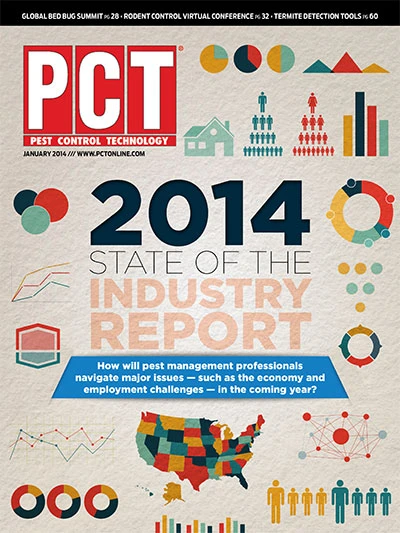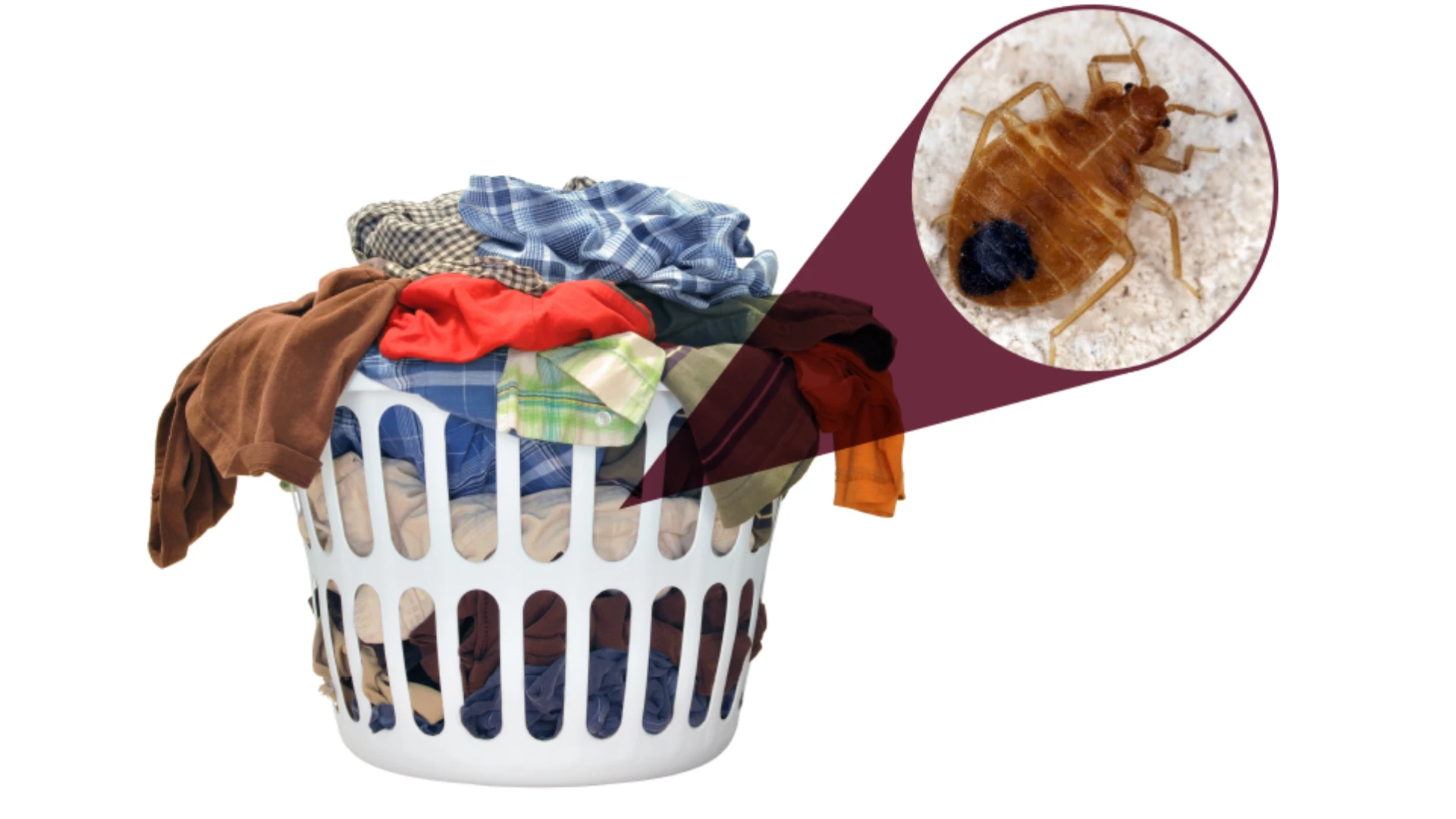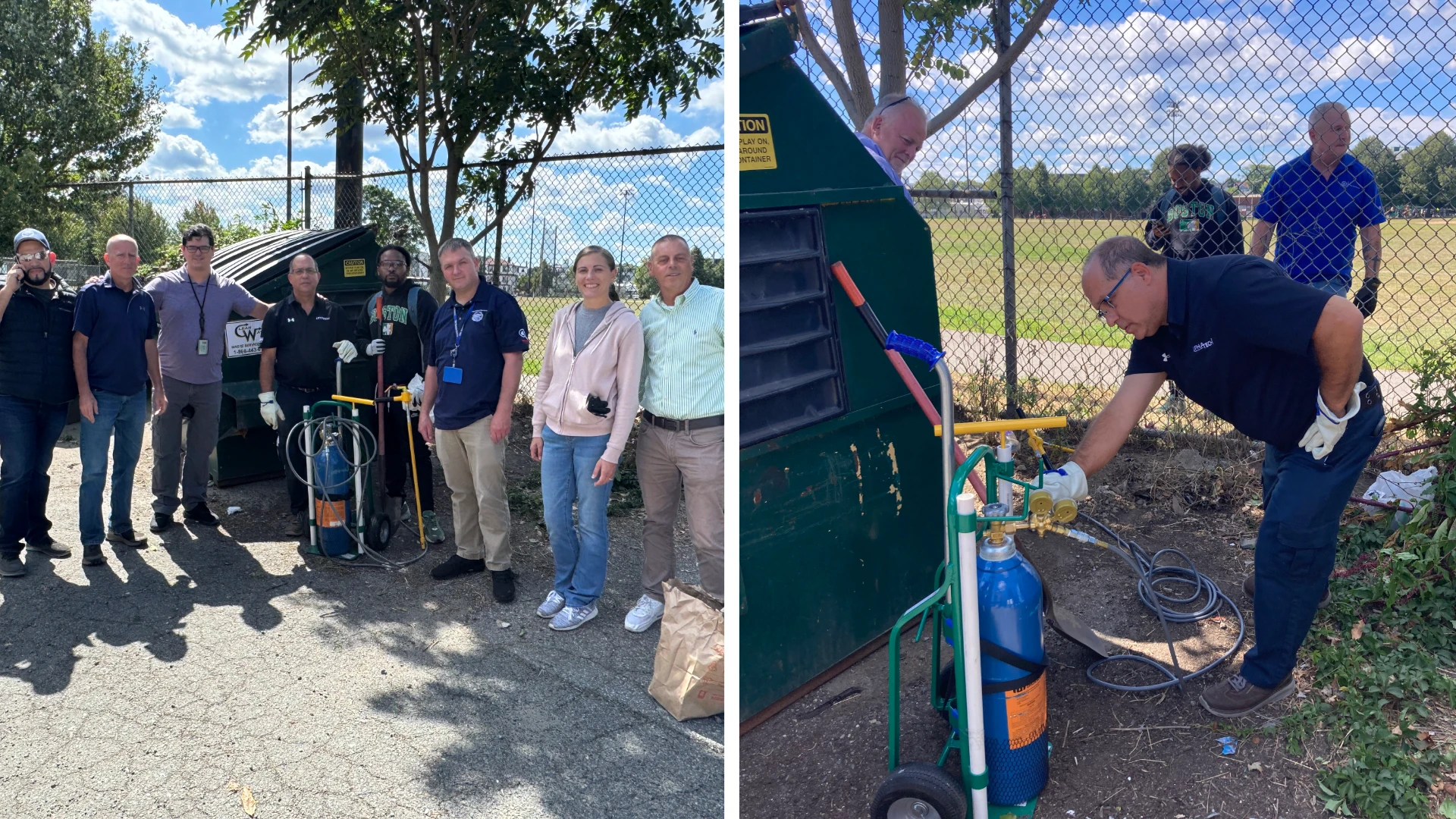PMPs Should Know How to Use EpiPens Correctly; Invest in Training
I read PCT Managing Editor Brad Harbison’s November ViewPoint column in PCT (“Another way PMPs can protect public health”). Harbison makes a superb point and that is the pest management industry should be educational advocates. In fact, those in your industry should know where to direct people for instruction and be prepared themselves to handle an allergic emergency. Harbison tells the story of a 13-year-old Texas boy who suffered a severe allergic reaction after being stung by fire ants. Harbison quotes the boy’s mother as saying her son “...could be here if there were more trained personnel on the field.” She is absolutely right.
I picked up some points in your article that should be addressed. If someone is “stinging insect anaphylactic” you should be on injection immunotherapy to the venom that could kill you.
Harbison said in his column that he was “never provided with any information on how the EpiPen works, nor was I given instructions on how to use the EpiPen.” That is, in fact, what drove myself and a partner to produce and provide online information and online anaphylaxis training.
Since they are heat sensitive, you should not keep EpiPens in the car. Rather, they should be on your person. The golf course is indeed where bee anaphylactic people die; they don’t make it to the car.
Benadryl is never the correct step for “an in-the-field” allergic emergency. It is “epi” + 911 + removal to hospital.
Everyone should be trained in the use of lifesaving epinephrine injectors but also in allergic emergency first aid. The pest management industry should consider having everyone at their firm trained at epipentraining.com. The 50-minute course can be taken in segments at home or on a company training site.
Harbison’s concept that each industry has a role to play in saving lives is absolutely bang on. Hopefully people will listen to you and act on it.
Mark Greenwald, M.D., Ph.D., FRCPC
Co-Founder of EpiCenter Medical
www.epipentraining.com
Getting Paid the Easy Way
I liked PCT’s recent article about getting paid (“Get Paid. Today.” November 2013). I am glad folks are starting to catch on. We have been doing monthly billing with credit card on file since 2005. We hit negative net receivables every month now.
If you could see our data system at this very moment (the beginning of the month), you would see the total outstanding is a little over $27,000. That’s a little over six percent of monthly revenue. That will become a negative number by the end of the monthly billing cycle. I think most if not all contributors in the article said they charged the credit card after the service was complete. If they put the card on file in their system and bill monthly, the service will already be paid for before they perform it.
Additionally we have no “net 30” terms. With monthly billing, all invoices are due on the first of each month. It’s late on the second of the month, just like a mortgage or car payment. (For example, January’s billing cycle that will become due on the first day of January will go out on the 10th of December.) Then on Jan. 2, (the first working day in the month due to the new year’s holiday), we simply run a program in our data system and charge all the cards. We do not service anyone with a balance of any kind for any reason. If they quit paying, since they are actually paying in advance, we cannot lose any money this way.
Michael C. Davis
Chief Operating Officer
Black Pest Prevention
Charlotte, N.C.

Explore the January 2014 Issue
Check out more from this issue and find your next story to read.
Latest from Pest Control Technology
- Rentokil Terminix Expanded in Key Markets with 2024 Acquisitions
- In Memoriam: Joe Cavender
- Certus Acquires Green Wave Pest Solutions
- Liphatech Adds Alex Blahnik to Technical Team
- Do the Right Sting: Stinging Insect Identification, Management, and Safety
- VAGA's 8th Annual Veterans Thanksgiving Appreciation Dinner
- Clark's Blair Smith on the Response to Increased Dengue Fever Cases in Southern California
- WSDA, USDA Announce Eradication of Northern Giant Hornet from U.S.





